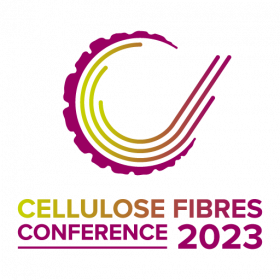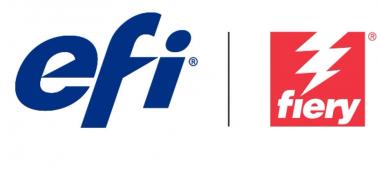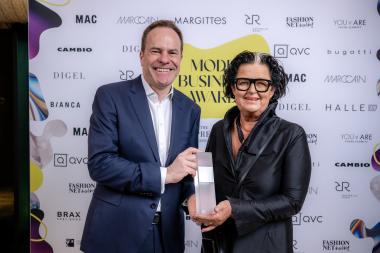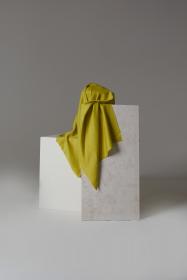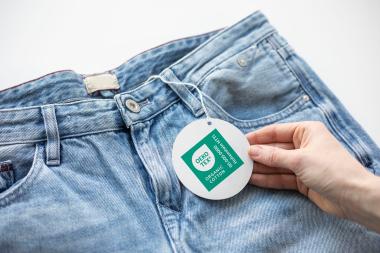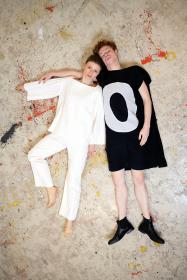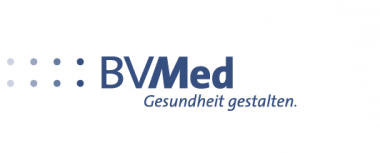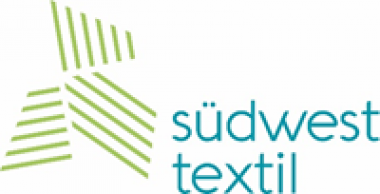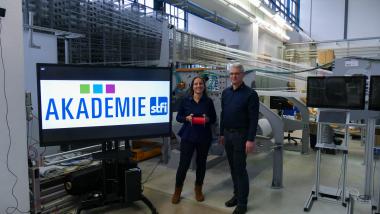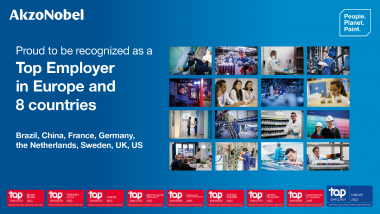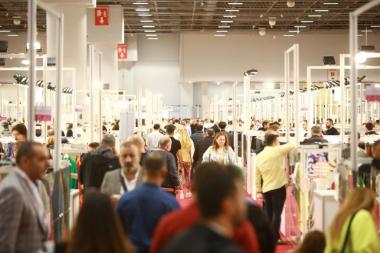adidas: Top- and bottom-line outlook for 2023
adidas published its financial guidance for 2023. While the company continues to review future options for the utilization of its Yeezy inventory, this guidance already accounts for the significant adverse impact from not selling the existing stock. This would lower revenues by around € 1.2 billion and operating profit by around € 500 million this year. Against this background, adidas expects currency-neutral sales to decline at a high-single-digit rate in 2023. The company’s underlying operating profit is projected to be around the break-even level.
Should the company irrevocably decide not to repurpose any of the existing Yeezy product going forward, this would result in the write-off of the existing Yeezy inventory and would lower the company’s operating profit by an additional € 500 million this year. In addition, adidas expects one-off costs of up to € 200 million in 2023. These costs are part of a strategic review the company is currently conducting aimed at reigniting profitable growth as of 2024.
If all these effects were to materialize, the company would expect to report an operating loss of € 700 million in 2023.
In 2022, based on preliminary unaudited numbers, adidas revenues increased 1% in currencyneutral terms. In reported terms, sales were up 6% to € 22,511 million during the 12-months period (2021: € 21,234 million). The company’s gross margin reached a level of 47.3% (2021: 50.7%) in 2022. adidas generated an operating profit of € 669 million last year (2021: € 1,986 million), reflecting an operating margin of 3.0% (2021: 9.4%). Net income from continuing operations was € 254 million in 2022 (2021: € 1,492 million).
adidas AG








